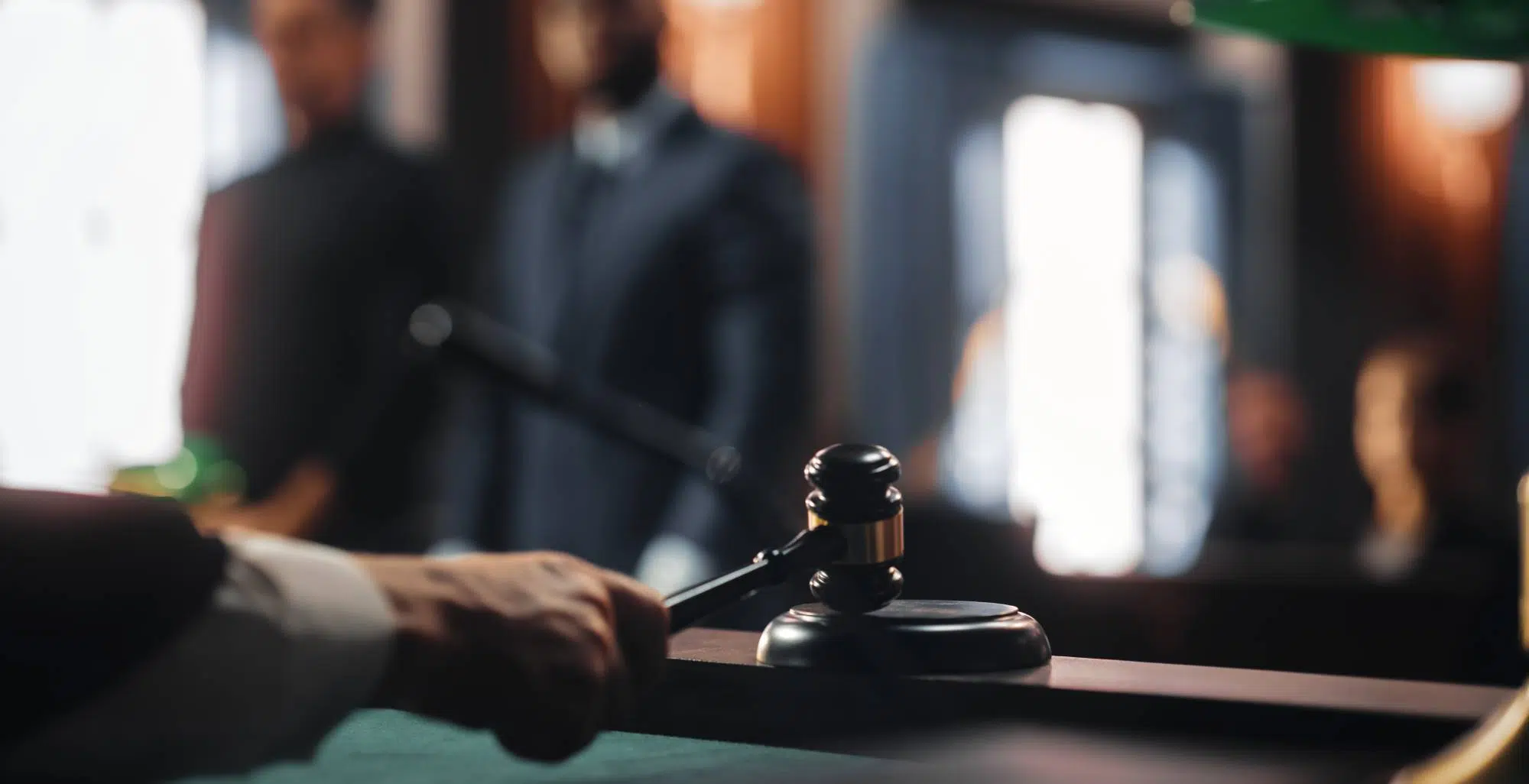What are reconsiderations?
When a Judge or Commissioner rules on a matter, the simple fact is that they are people. They get things wrong, they miss things, or mistakes sometimes get made.
When this happens, parties can motion for reconsideration within 10 calendar days of the disputed order’s entry.
Unlike revisions, reconsiderations go before the same judicial officer that issued the original ruling. Whether it is a Judge or a Commissioner, you will put your request before the very same person who already ruled against you in the hopes they will see things differently.
What this means:
Judicial officers are people who don’t like to change their mind or be told they are wrong. While you have a right to file for reconsideration, they almost never work. Judicial officers need to see compelling and overwhelming evidence that their original ruling was wrong before they consider changing their own analysis.
Reasons one might file for reconsideration:
- A law was misquoted or misapplied.
- An undisputed fact was contradicted in the court’s ruling.
- Obvious confusion or misunderstanding.
- You are before a Judge already, and so can’t file for revision.
Reasons why you shouldn’t file for reconsideration:
- You don’t like the court’s opinion.
- You don’t like the court’s ruling on disputed facts.
- You don’t like the court’s reasoning.
Our opinion on reconsideration:
It is generally ill-advised as a productive effort. The only time we recommend attempting to get a judge to change their mind is in the most high-stakes situations where even a 1% chance of victory is worth a shot.
Even so, we always make clear to our client’s that courts disfavor revisiting issues it has already adjudicated as a rule. Reconsiderations even more so.
Keep in mind:
Until overturned, orders entered by the bench are in full force and effect. You must follow them while your reconsideration is pending or risk consequences.
It takes a few weeks to have a reconsideration motion reviewed. Further, the court has a right to call for further briefing if it wants, but do not expect it here. Usually, reconsiderations are heard without a hearing and via written submission only.
Reconsiderations are on the bench’s timeline. Judicial officers will tend to adopt a ‘get to it when we get to it’ attitude.

What orders might reconsideration apply to?
Most orders entered over a case! The notable exception is final orders entered by agreement or after a full trial. Everything from TFLO’s, child support orders, parenting plans, and more.
But again, be sure you have a very good reason when you motion for reconsideration.
Interested in other Family Law motions?

Writs of Habeas Corpus (“Writs”) are legal orders issued by the court.

Temporary family law orders (TFLO’s) are a versatile tool commonly seen in most contested family law cases.

In the State of Washington, you have a constitutional right to have your grievance heard by a full judge of the people.





